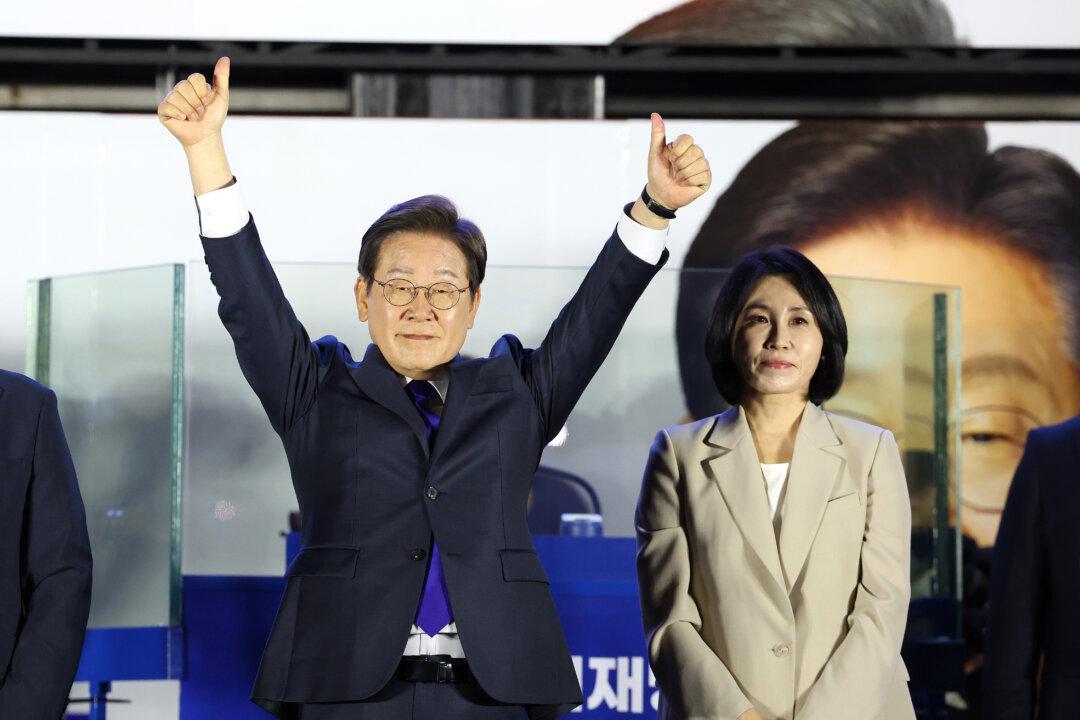Lee Jae-myung was officially announced the winner of South Korea’s presidential election on June 3. The 61-year-old politician will take office immediately and serve a single, five-year term.
Before Lee’s victory was formally declared, his opponent, and conservative contender, Kim Moon-soo, conceded and congratulated Lee, telling journalists he “humbly accepts the people’s choice.”
Lee won South Korea’s presidential election with more than 49.3 percent of votes, with over 99 percent of votes counted. His closest contender was Kim, who garnered 41.3 percent by the same tally.
Some 78 percent of South Koreans eligible had cast their votes for a new head of state in the snap ballot, which was called in the wake of former president Yoon Suk Yeol’s defenestration following an abortive attempt to institute martial law in December.
That move plunged Asia’s fourth-largest economy into months of political turmoil and led to the Constitutional Court eventually relieving him of the presidency in April.
Yoon denies the charges.
The chairman of Lee’s Democratic Party, Park Chan-dae, told broadcaster KBS the people had “passed a judgment like a scolding on the civil war regime,” after the exit polls were revealed.
During his campaign, Lee said he would amend the constitution to make it harder for future presidents to impose martial law, as well as vowing to take steps to tackle the country’s economic issues.
He also called for a special prosecutor to be appointed to investigate the Dec. 3, 2024, martial law incident to bring those responsible to justice; however, he said military officials who were reluctant to follow orders should be granted leniency.
Some 44.3 million South Koreans are eligible to vote in the election.
The election is run on a single-round, first-past-the-post system, with the winner simply being the candidate who gains the most votes.
Whoever is successful can hold the post for a five-year term and is not permitted to stand for reelection.
In South Korea, the president is head of state, head of government, and commander in chief of the nation’s armed forces.
Due to the removal of Yoon, the victor will be immediately sworn in on Wednesday, rather than going through the typical two-month transition period.





